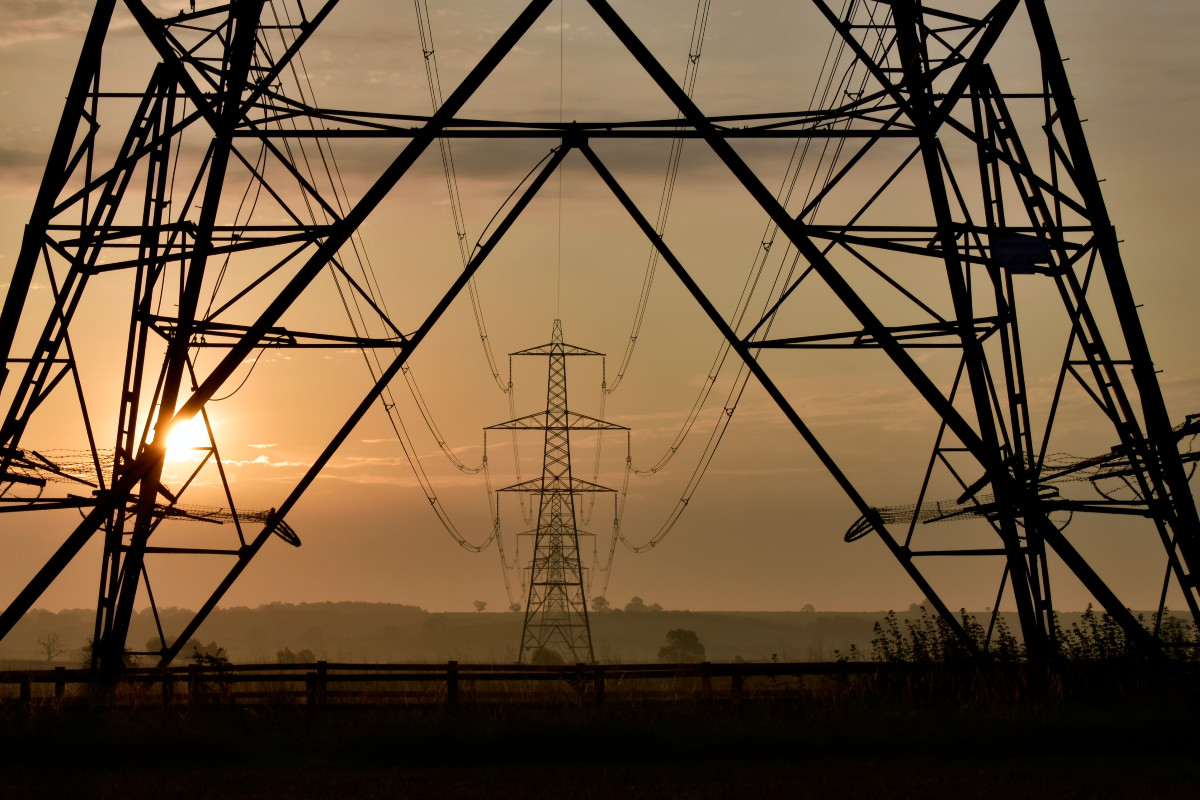The UK Government has rejected claims that it is preparing to row back on its pledge to source 95% of electricity from clean power by 2030, calling suggestions of a rethink “completely wrong.”
The Department for Energy Security and Net Zero (DESNZ) said a Guardian article alleging that Prime Minister Keir Starmer is considering missing, but not formally scrapping, the Clean Power 2030 (CP30) commitment misrepresents the Government’s position. A DESNZ spokesperson said the report is “completely wrong.”
The story surfaced as officials finalise the budget for the seventh Contracts for Difference (AR7) auction, due to be published next week. Internal discussions are ongoing over how much support to allocate, with ministers reported to be weighing costs tied to the volume of renewables needed for CP30, estimated at around 8GW in this round.
It’s not surprising to see pressure being exerted on the UK Government to rethink its net zero strategy, with other political parties arguing that the policy is either too costly or doesn’t go far enough. Both the Conservative Party and Reform UK have made scrapping net zero key pillars in their pitch to voters.
The Tony Blair Institute has also piled on the pressure, arguing that the net zero target needs a rethink. While it stopped short of calling for the scrapping of net zero, it noted that the emphasis should shift away from ‘cleaner’ energy, and onto ‘cheap, abundant, secure electricity’. In its recent report, it also suggested that pressing for too rapid a transition (for example the UK Government’s 95% clean power by 2030 goal) might increase risks (higher costs, grid bottlenecks) unless system enablers (grid, flexibility, storage, market design) are in place.
That analysis is contrary to the view of many experts, however, who contend that the exposure to volatile global fossil fuel prices is a larger, longer-term driver of high bills. That especially rings true since the UK’s energy prices are pinned to the cost of the most expensive generation unit that needs to run to meet demand – which is typically fossil fuel plans, such as gas power plants. Meanwhile, the cost of electricity is generally cheaper in scenarios where renewables and nuclear can meet demand.
Industry group Energy UK has also responded to the Tony Blair Institute’s report, noting, “The energy sector is clear that clean power and electrification is the only way to bring down bills in the long term by reducing our exposure to volatile fossil fuel markets.
“More clean, homegrown power also means more energy security in an unstable world. It’s right that Government continues to review how best to achieve this transition and at what pace, to ensure that costs are minimised for customers. But it’s also important to consider whether inaction or delay increases future costs.
“Businesses investing billions of pounds in our country’s future rely on long-term stability to do so, and so it’s vital that the Government continues to provide certainty in order to achieve this much needed transformation.”
The DESNZ spokesperson responding to The Guardian’s report also reasserted the Government’s position, concluding, “The Government and Prime Minister are fully committed to delivering Clean Power 2030 because it is how we deliver a system that brings down bills for consumers and protects them against future shocks.”

